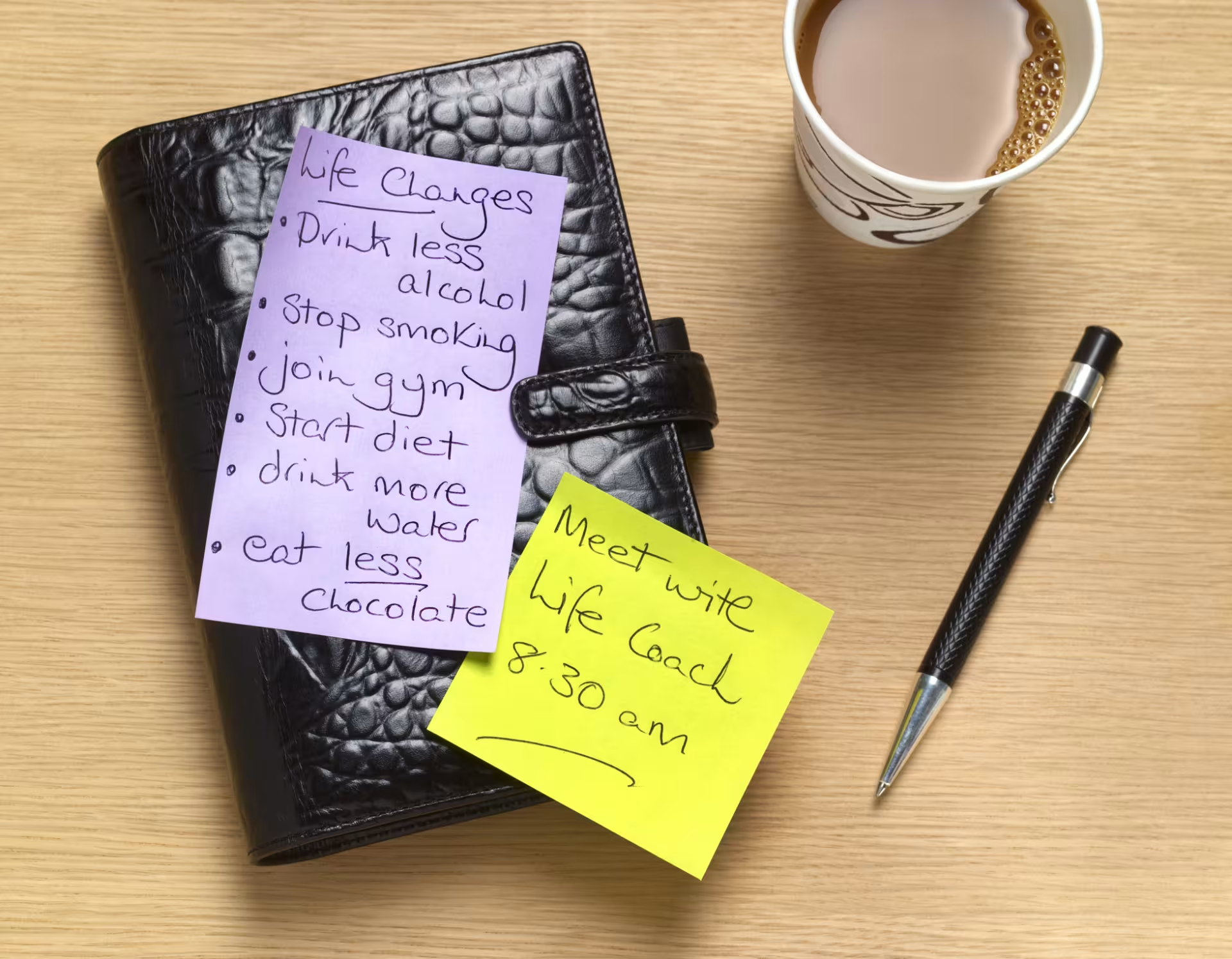Read time 4 minutes
Published on Jun 15, 2021
Sustaining a serious injury or developing a long-term disability causes significant changes to a person’s lifestyle and overall capabilities. Losing the ability to perform one’s former job tasks tends to intensify the changes and the experience of loss. Vocational rehabilitation can make it possible to find meaningful work once again.
The goal of vocational rehabilitation is to help people return to the workforce or otherwise become more independent. The field encompasses a range of services designed to empower people with injuries or disabilities to reach their career and personal goals.
Working in Vocational Rehabilitation
Vocational rehabilitation counselors play an important role in many people’s lives. They help people regain control of their lives and return to being productive members of society. A vocational rehab counselor customizes services to meet the unique needs of each client.
Counselors evaluate each client’s current capabilities, strengths, limitations, career interests and goals. This helps them determine what kind of vocational training or skills acquisition each individual needs to succeed in securing employment.
Counselors may do any of the following:*
Vocational rehab counselors often consult with potential employers about how they might enable a person with a disability to be successful in a particular role.
These professionals also point clients in the direction of community resources. For example, they might help a client in need find a wheelchair or a walker. The counselor for a client who has trouble speaking might research available devices to find the one that best suits the client’s unique needs.
In addition, counselors often help individuals with disabilities learn to cope with the significant life changes they have experienced. This may lead to sessions aimed at building strong coping skills.
Do Vocational Rehabilitation Counselors Work With People With Special Needs?
Vocational rehabilitation counselors work with individuals who want to return to the workforce, many of whom have a disability that prevents them from doing so on their own. Such disabilities include developmental disorders, physical injuries, psychological conditions and more.
As a vocational rehabilitation counselor, you might find yourself helping someone with a disability learn to become more independent in a variety of ways. A counselor can help such a person learn basic job skills, search for and obtain employment and determine how best to perform the job.*
What Are Important Skills for a Vocational Rehab Counselor?
Clients who seek out vocational rehabilitation have experienced significant life obstacles. It can be frustrating to cope with serious injuries or disabilities, so empathy and a strong sense of compassion are essential for professionals in this field.
In addition, these counselors need solid communication skills. Some clients, such as those who have suffered a stroke, may have cognitive disabilities. It’s important to be able to share information in a way that all clients can understand.
The following skills are also valuable for vocational rehabilitation counselors:
Further, this field requires research skills. Effective counselors must be able to find community resources and job opportunities for their clients. They must also be able to find and reach out to other service providers, such as physical therapists, when needed.
How To Become a Vocational Rehabilitation Counselor
If you’re excited by the idea of a career serving others in this way, you may be wondering how to pursue a job in the field of vocational rehabilitation. There are several pathways you can take. Which one is best for you depends, in part, on the requirements imposed by the state in which you plan to practice. Some states allow unlicensed rehab counselors to offer a limited range of services, while others require licensure for all rehab counselors.
You can expect to need at least a bachelor’s degree, preferably in a related field such as human services or counseling. You will likely need a master’s degree as well. For your master’s, consider what specialty appeals to you and find a corresponding degree. For example, if you want to work primarily with children and adolescents, consider a master’s in counseling with an emphasis in childhood and adolescence disorders.
In addition to your academic credentials, you will likely need a certain number of hours of supervised clinical experience. Then, to be licensed, you will need to pass a state exam. Licensed professionals are required to complete a certain number of continuing education credits at regular intervals to maintain their licensure.
Typical Work Environments for Vocational Rehabilitation Counselors
Vocational rehabilitation counselors work in a variety of places. Many are employed by community-based organizations, such as schools, senior citizen centers, community rehab centers and youth guidance organizations. Counselors in these organizations see a variety of clients in the course of their career and find themselves performing a wide range of services for these clients.
Some counselors also work in private practice, opening an office where clients visit them for an initial consultation and then for sessions. Professionals in the private sector have more control over the clients they see and the hours they work. While vocational rehab counselors generally enjoy a predictable schedule, some positions at organizations involve night or weekend work shifts.
No matter the specialty you choose, a career in vocational rehabilitation can be extremely rewarding. Counselors have the satisfaction and honor of seeing their clients through the process of finding work again. While some encounters with clients offer special challenges, watching clients develop in this way can be emotionally fulfilling and make for a gratifying career.
You can begin your journey toward a rewarding career in vocational rehabilitation through a variety of programs at Grand Canyon University. GCU offers a diverse range of degree programs for forward-thinking students, including human services and counseling degrees for aspiring counselors. It also offers graduate degree options, such as a Master of Science in Mental Health and Wellness. Click on Request Info at the top of your screen to begin your academic journey at GCU.
*Retrieved from Careers in Psychology, Careers in Vocational Rehabilitation Counseling in April 2021





